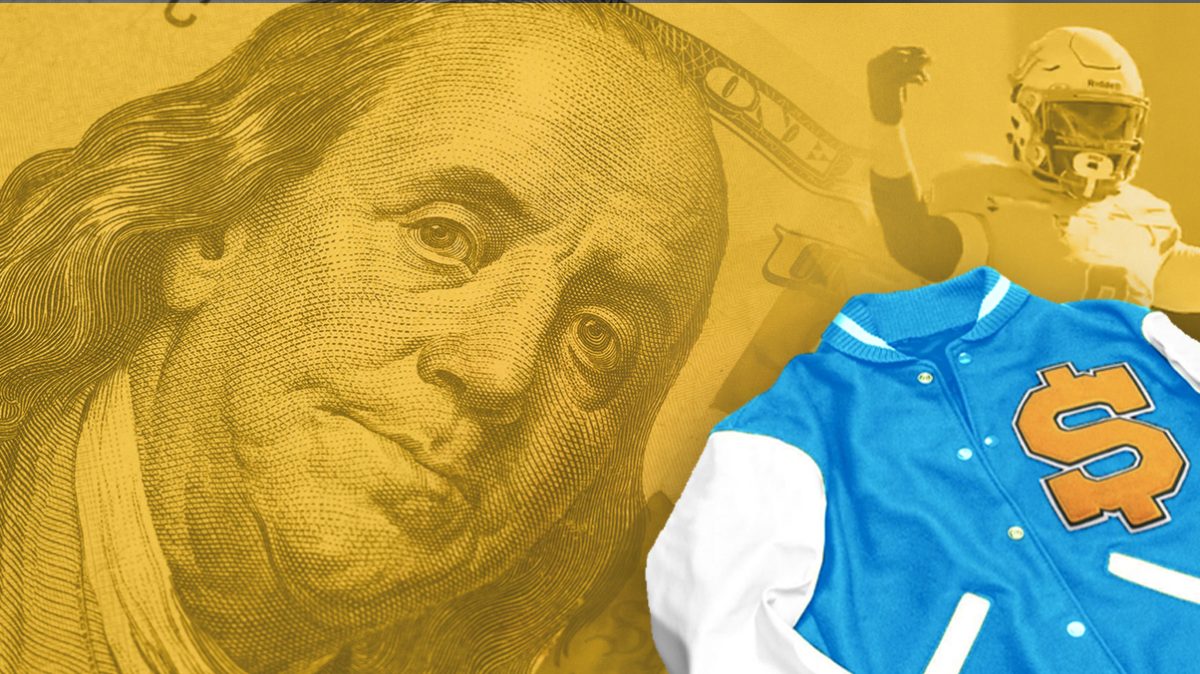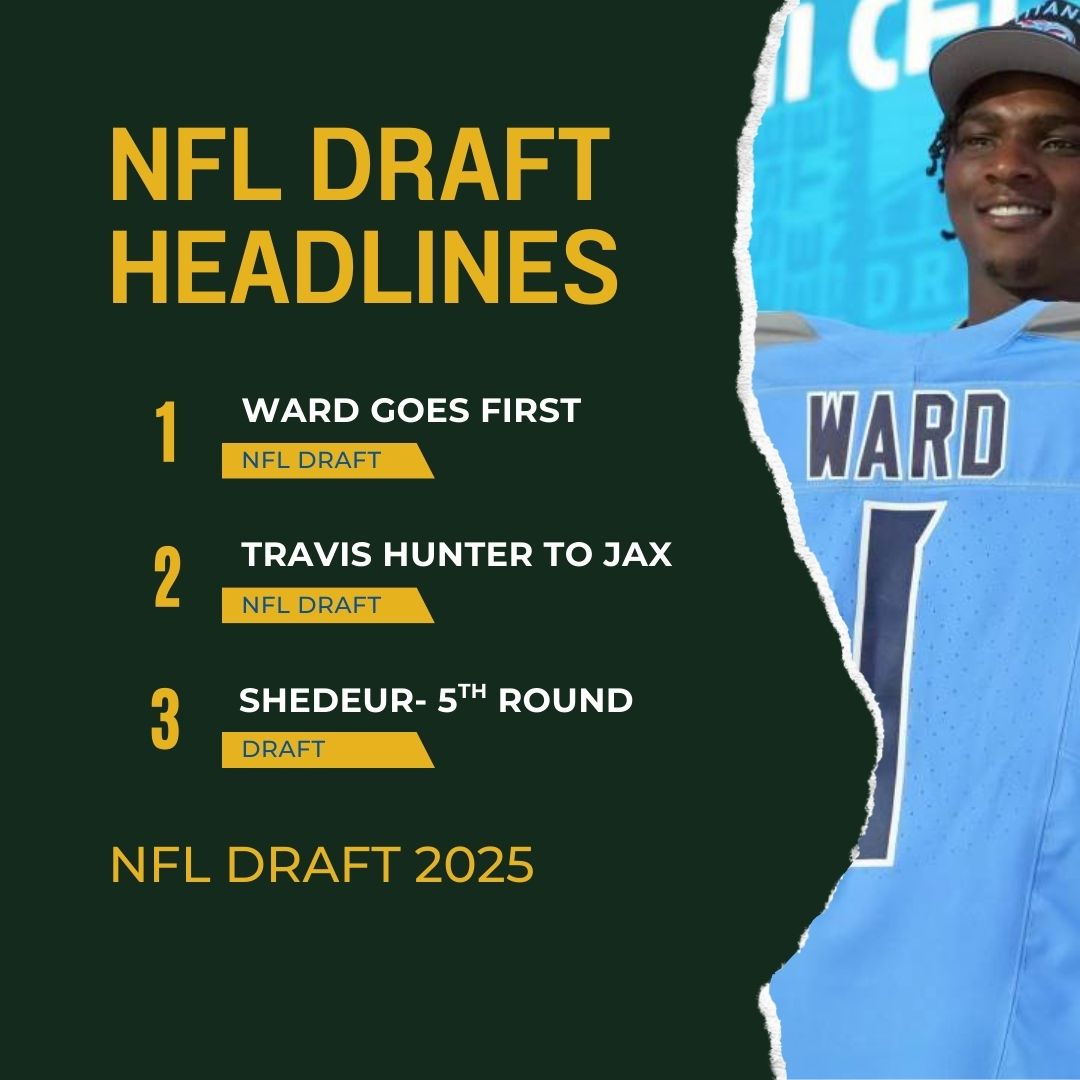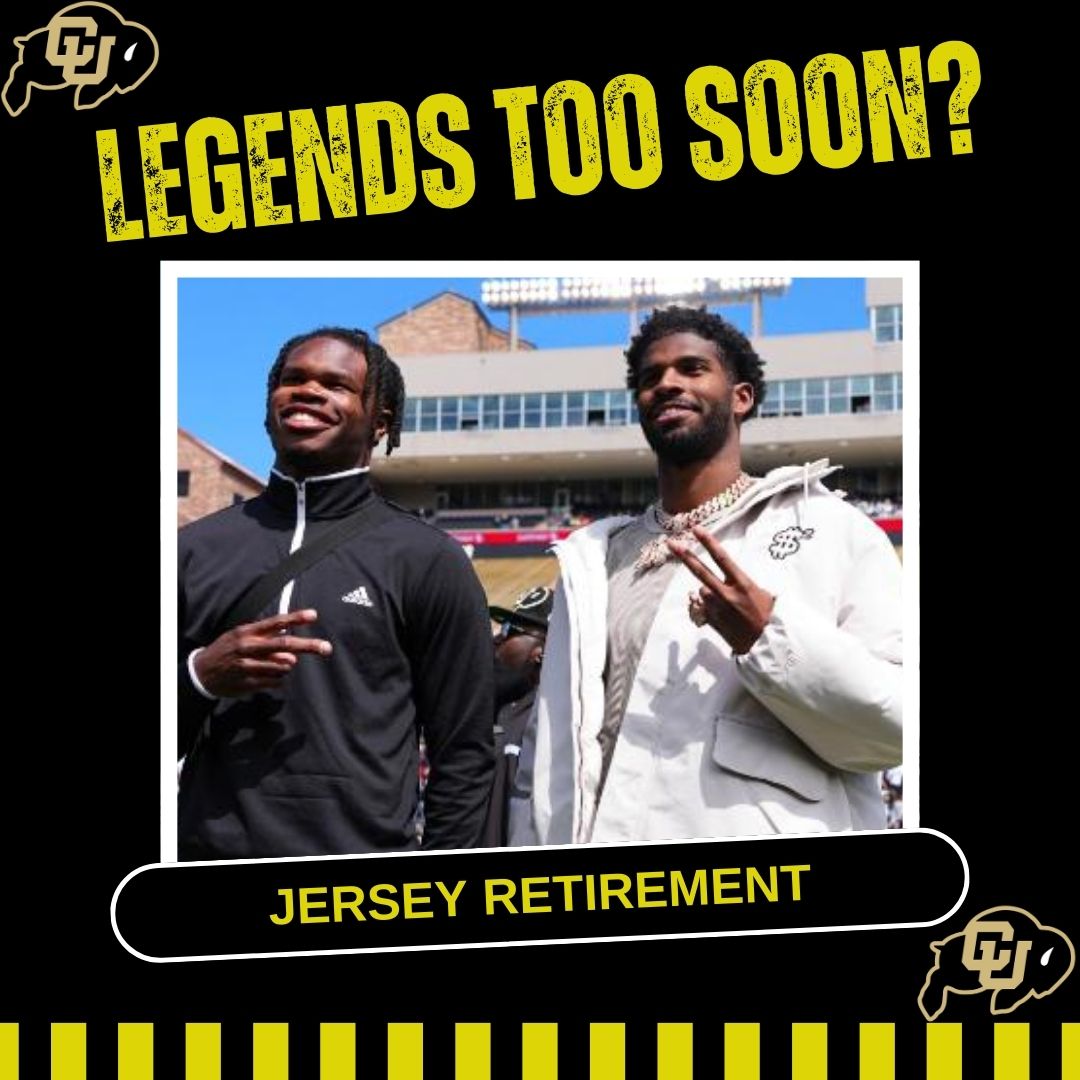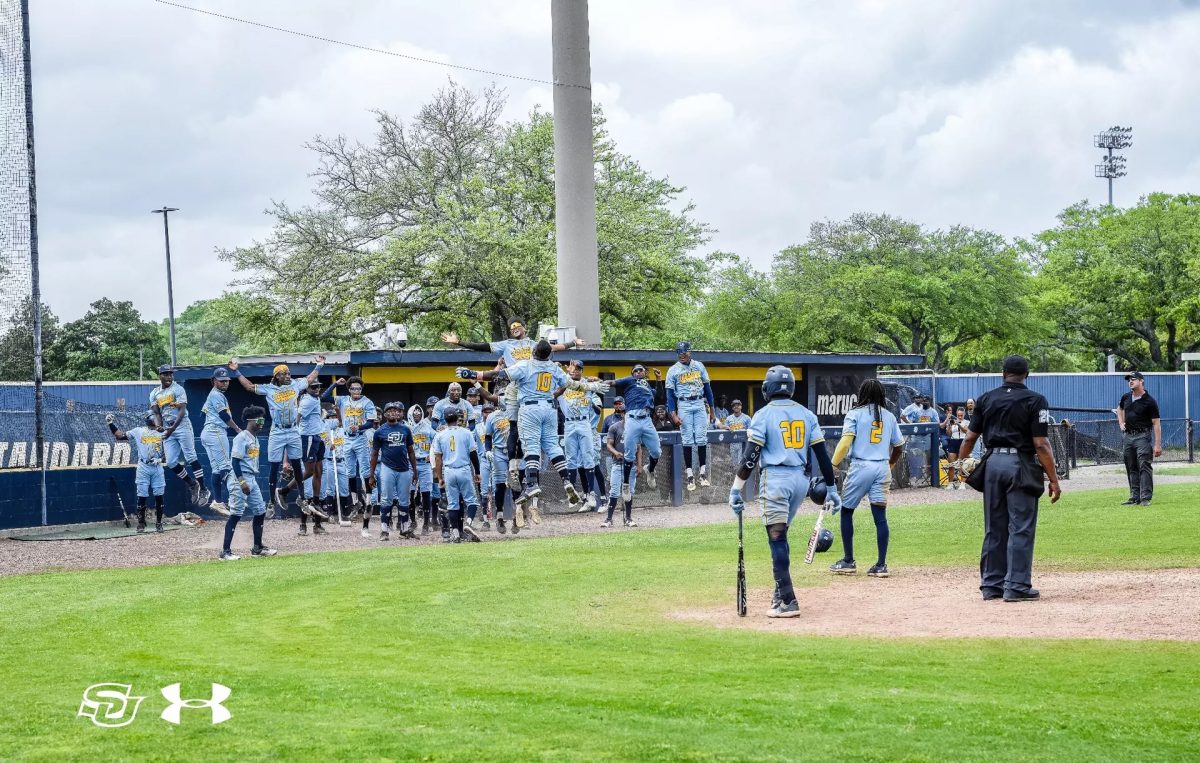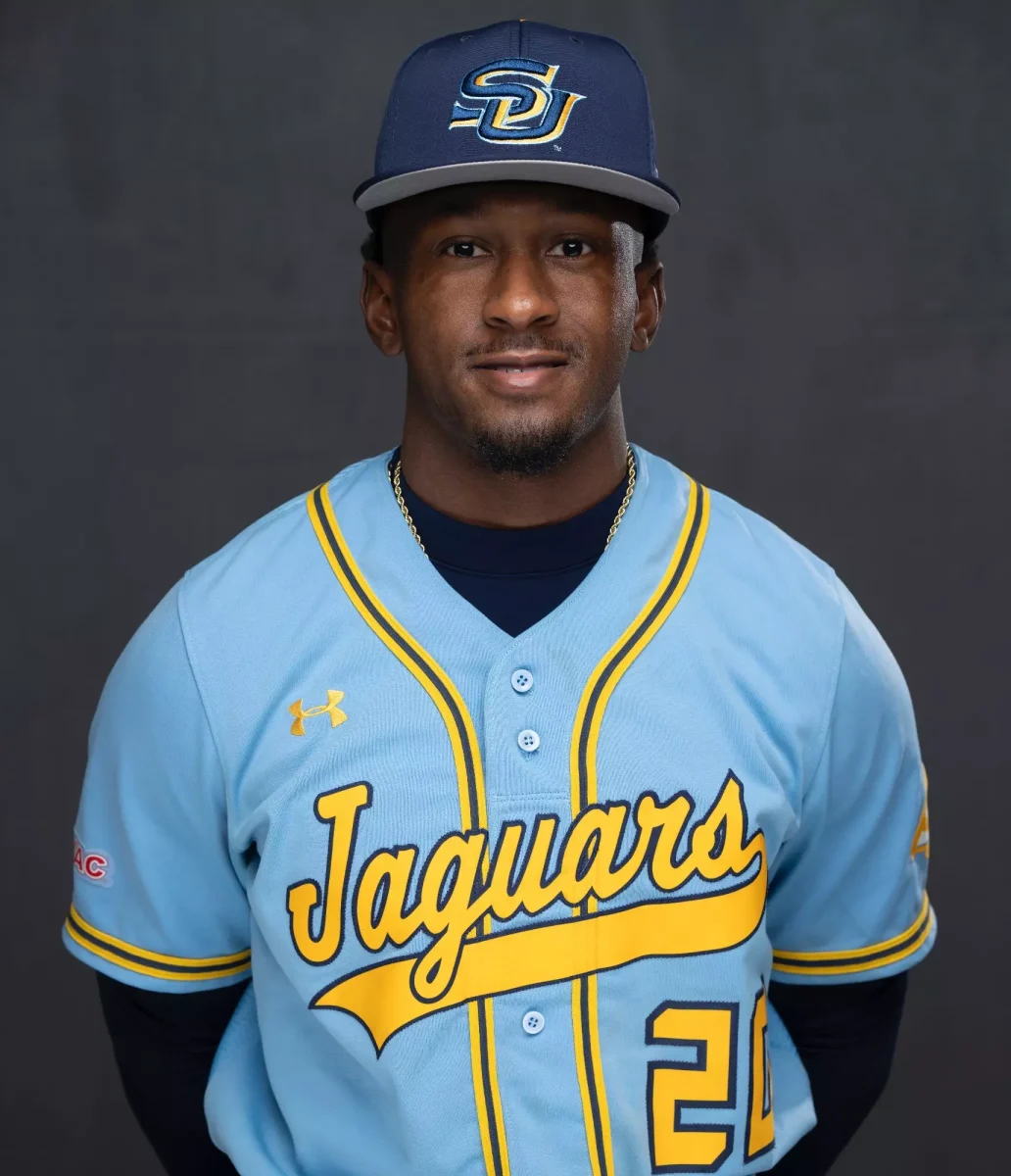Conversations surrounding the issue of the name, image, and likeness have surrounded the world of college sports for as long as college sports have existed, and yet, the past year has yielded the most progress on that front than any other era in recent memory. Over the summer, the NCAA ruled in favor of student-athletes being able to profit from their own names, image, and likeness.
In the past, it was issues surrounding college athlete’s name, image, and likeness that saw the fall of popular gaming series such as NCAA football due to it being illegal for student-athletes to profit from their work on the field without sacrificing their amateur status. With the implementation of the new rules that began on July 1 of 2021 however, all of this is set to change.
Not only will student-athletes now be permitted to profit from their image and likeness in the sense of being able to be featured on video games and media entities, but they will also be able to benefit from endorsement dollars from companies such as Nike and Jordan while still playing college ball.
While football and basketball players will be the main beneficiaries of these changes, all college sports will be able to profit under the new rules, including soccer, bowling, and tennis, to name a few.
Following the rule change, NCAA President Mark Emmert had this to say about the steps that will follow now that players aren’t inhibited in their earning power, at least in terms of being able to do business outside of the university.
“With the variety of state laws adopted across the country, we will continue to work with Congress to develop a solution that will provide clarity on a national level. The current environment — both legal and legislative — prevents us from providing a more permanent solution and the level of detail student-athletes deserve,” said Emmert.
In stark contrast to how the paying college athletes were thought of in the past, most people in administration roles in the NCAA have begun speaking in favor of the student-athletes being able to profit from their name, image, and like.
With HBCUs being home to much talent around the country, the new rules also open new avenues of thought for coaches and players on the Bluff as well. Interim head football Jason Rollins spoke to his point of view on the new rules in an interview with the Office of Student Media here at Southern University, stating: “You know it is amazing how far we have come in college football, and it is amazing to see.”
Jackson State freshman quarterback Shedeur Sanders was the first SWAC athlete to capitalize on a deal with the headphone mega-corporation, with Sanders himself stating “I’m excited to be part of a brand that inspires and represents the culture in a positive way, and that’s exactly what I want to do with my career. It’s an honor to be the first college athlete on their roster, and I couldn’t have imagined a better partnership.”
While businesses and campus affiliates will likely be first in line to sponsor their HBCU student-athletes under the new rules, desks such as this one are an example of what may be to come for the future of black college sports. Whereas before, HBCUs would miss out on potential talent due to a myriad of reasons, top-tier HBCU talent will have more to think about than just what the school has to offer, such as self-marketability and similar factors.
Categories:
Lavish Living; NIL Becomes Law of the Land
September 14, 2021
Lavish Living; NIL Becomes Law of the Land
0
More to Discover
